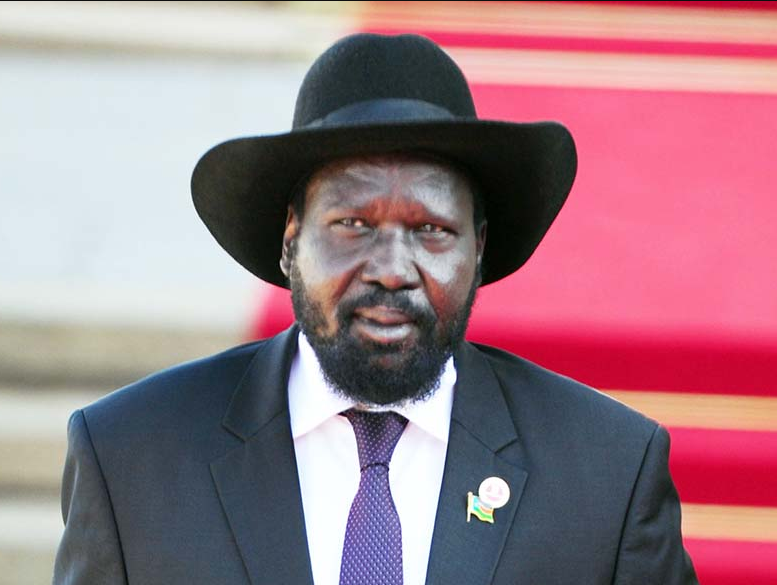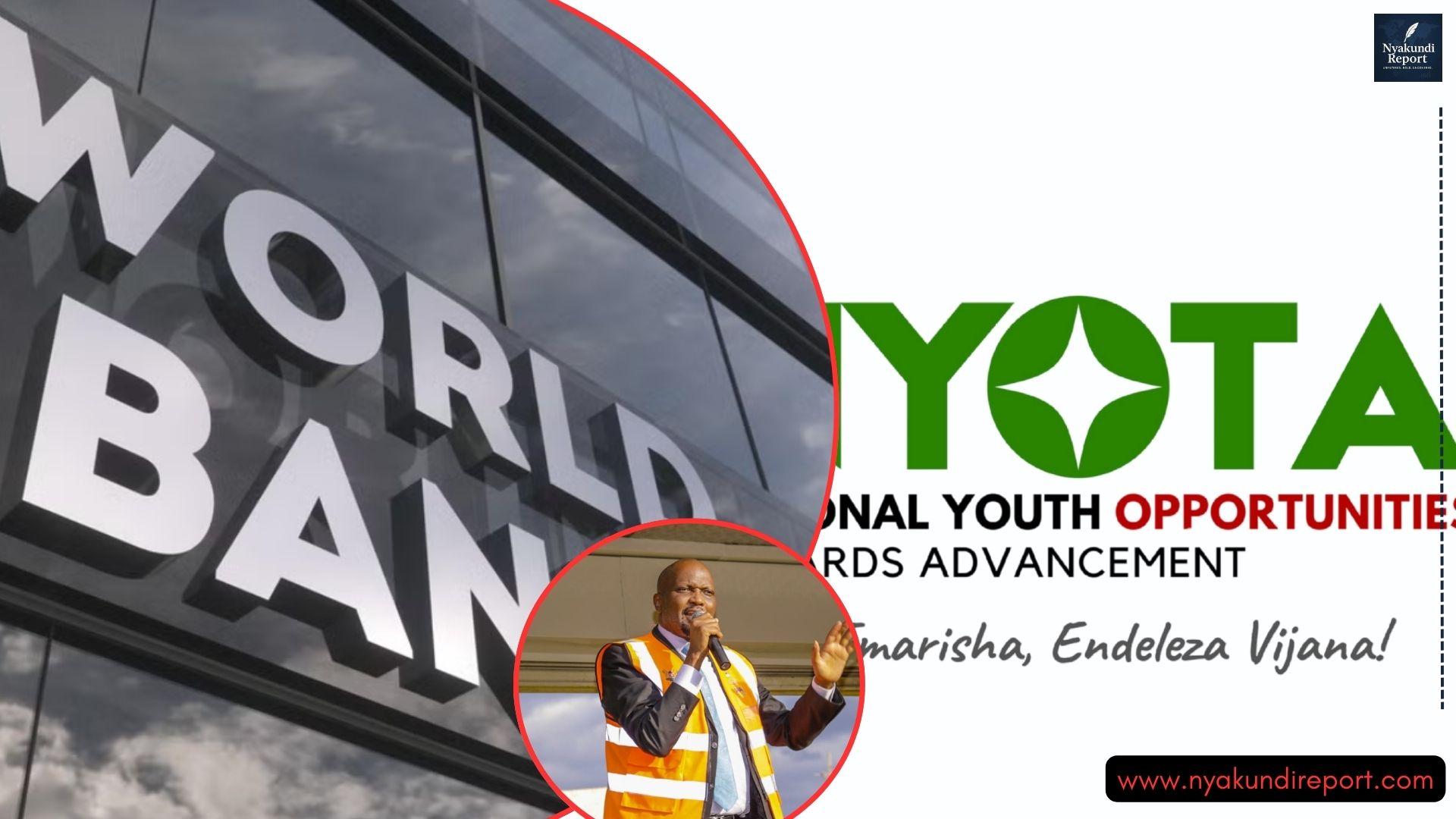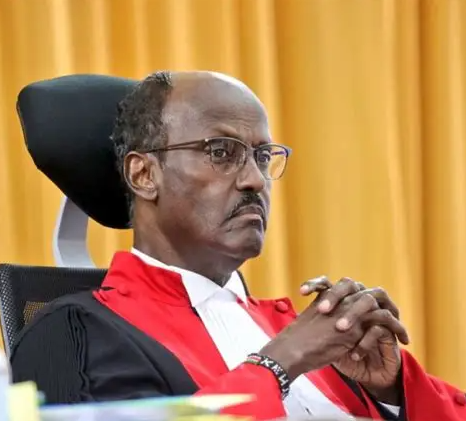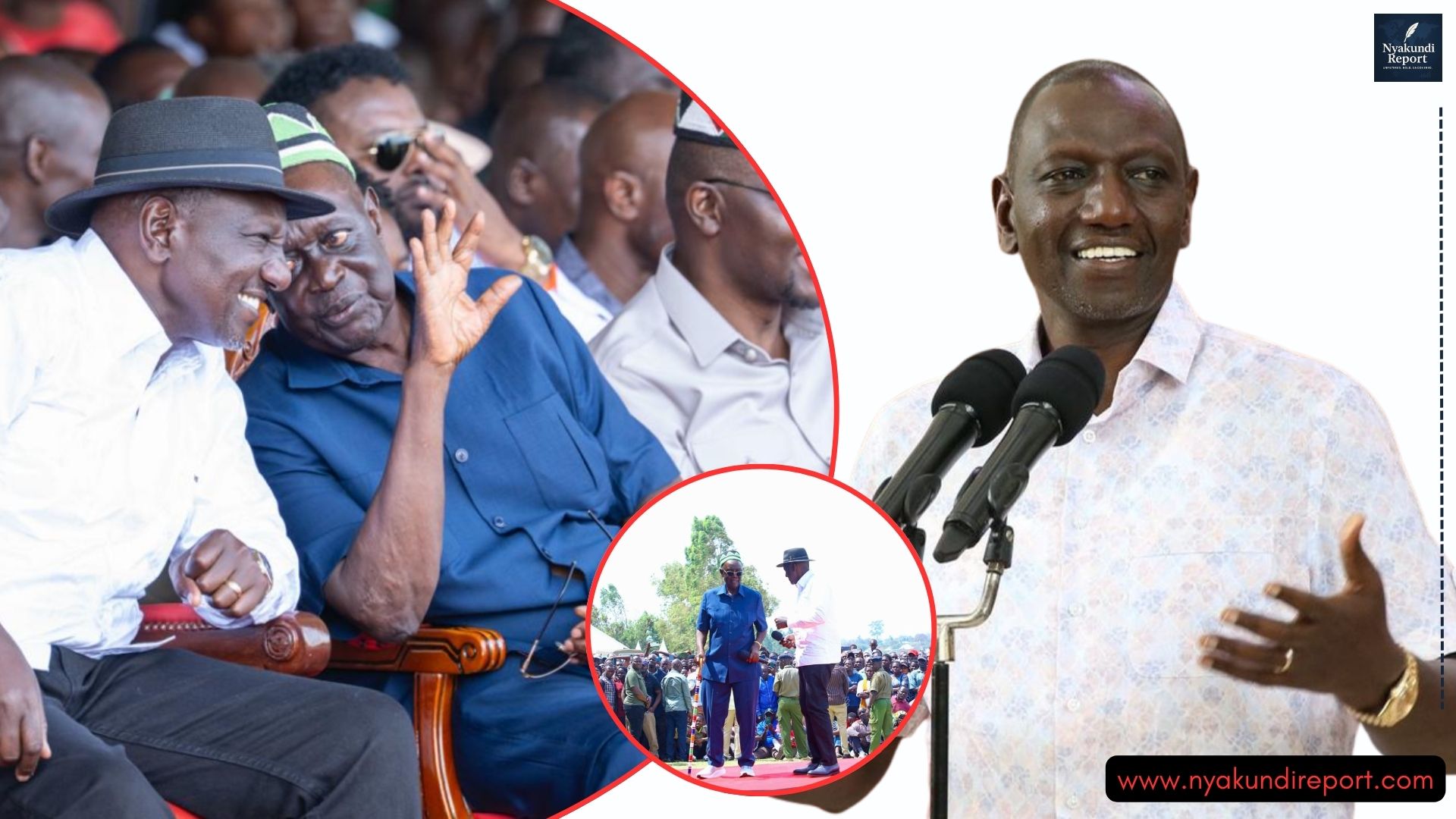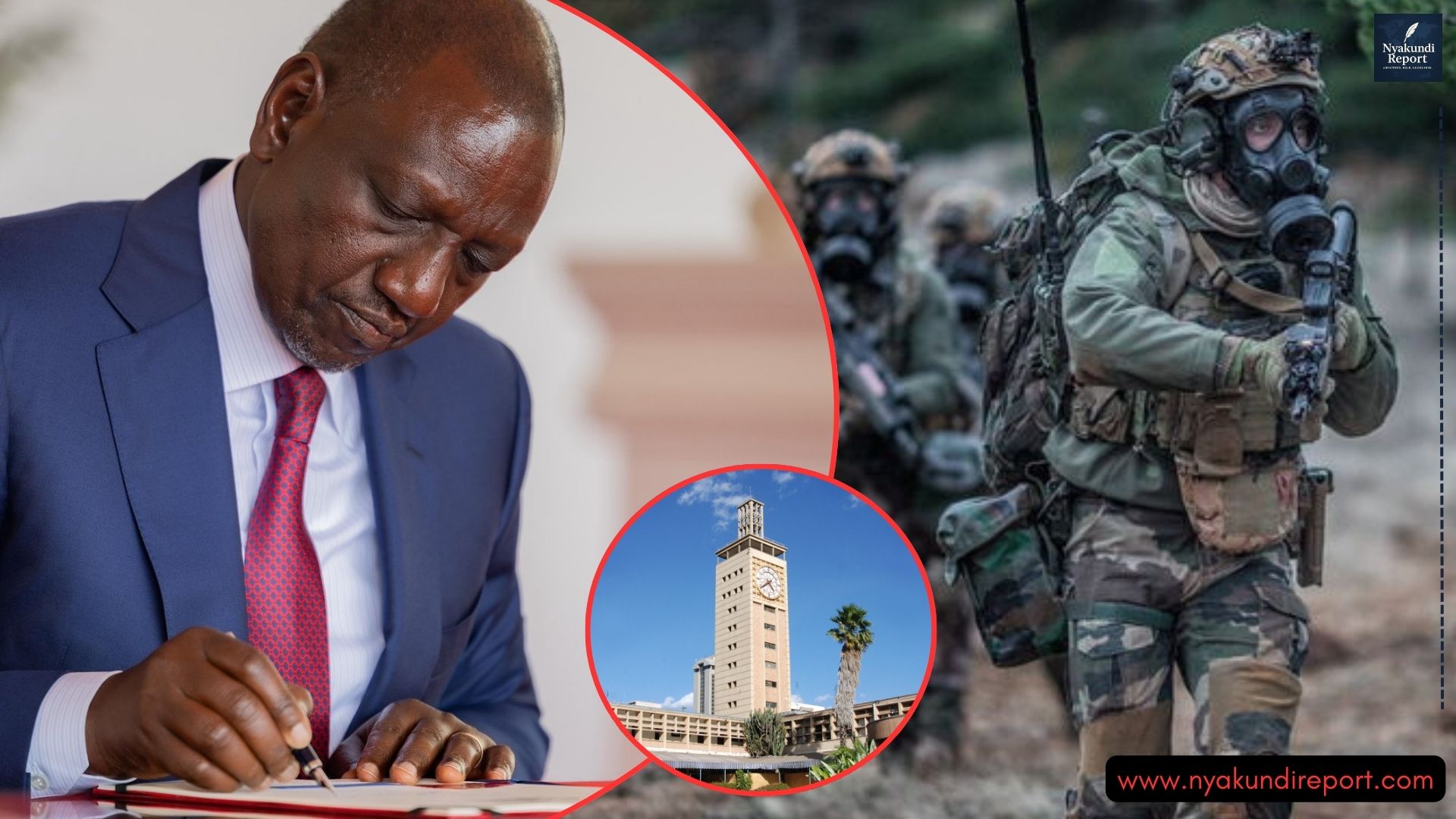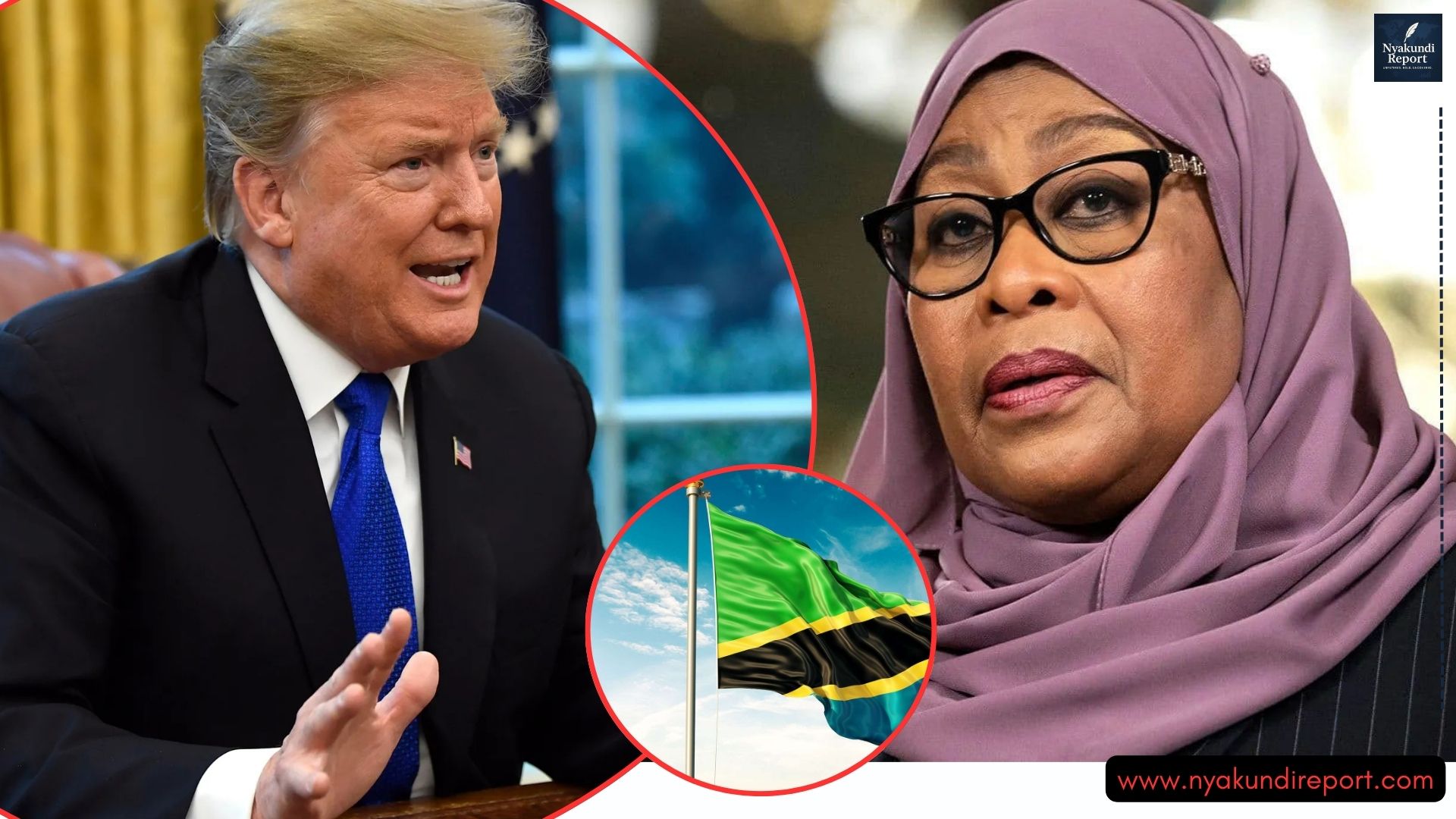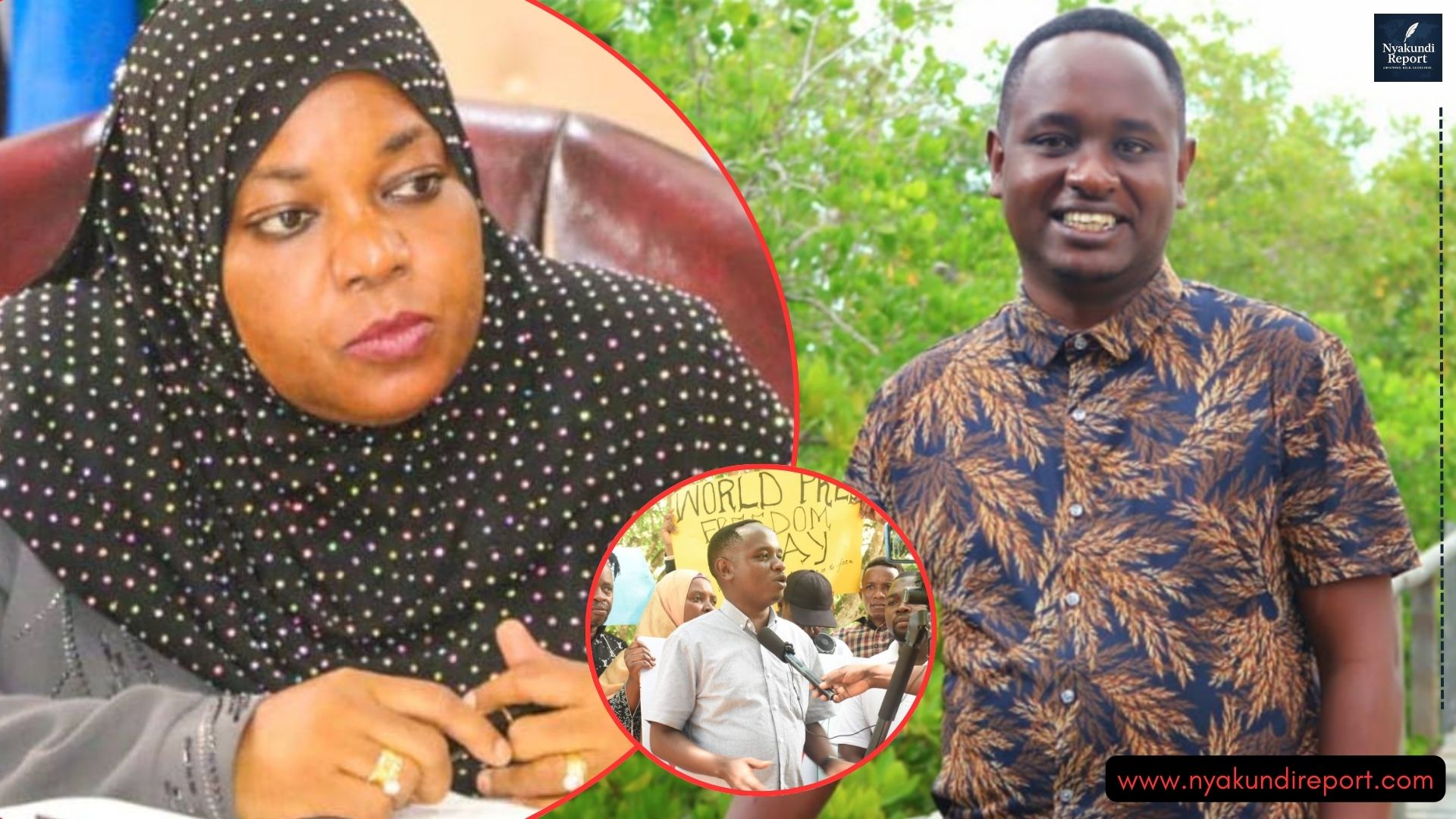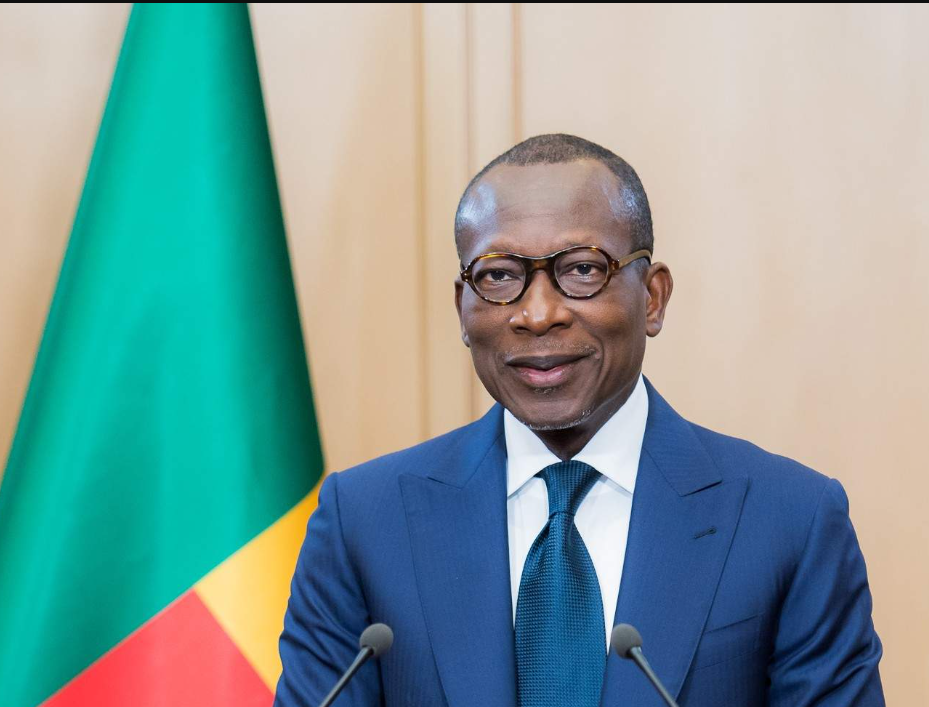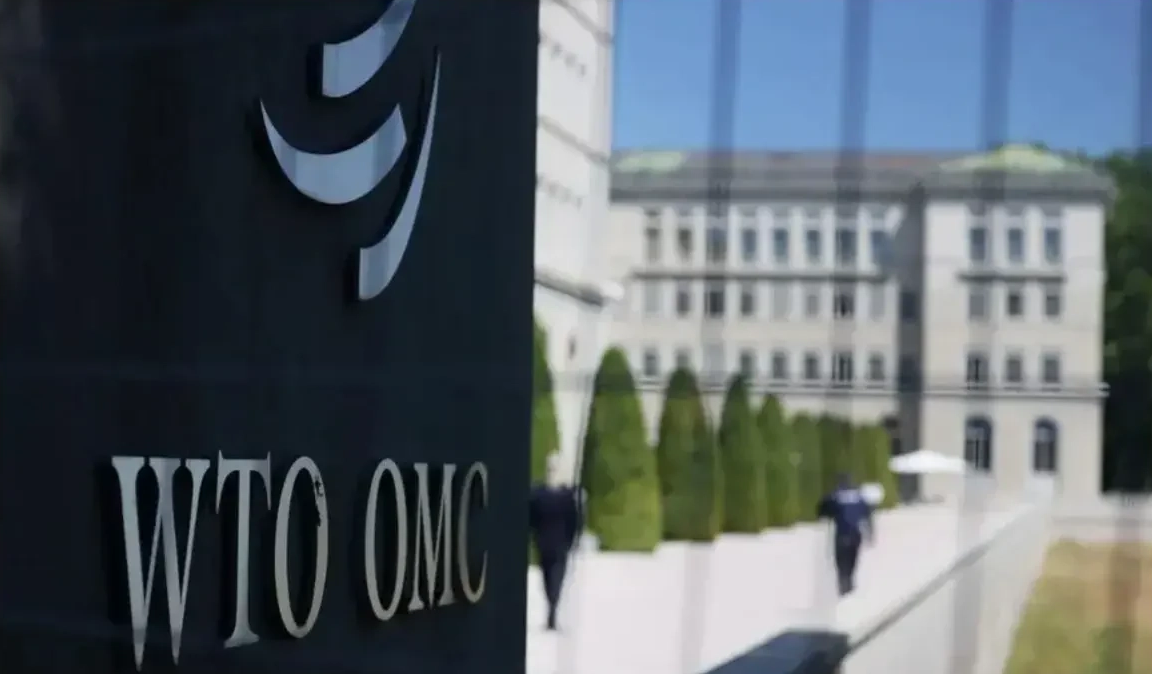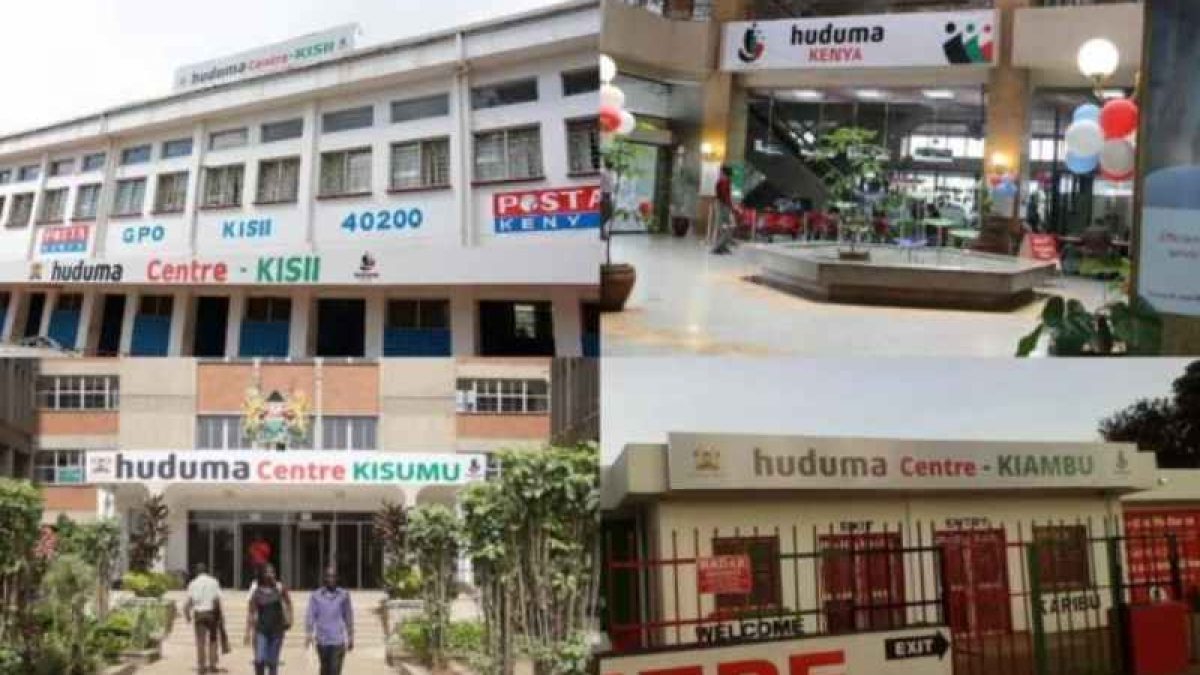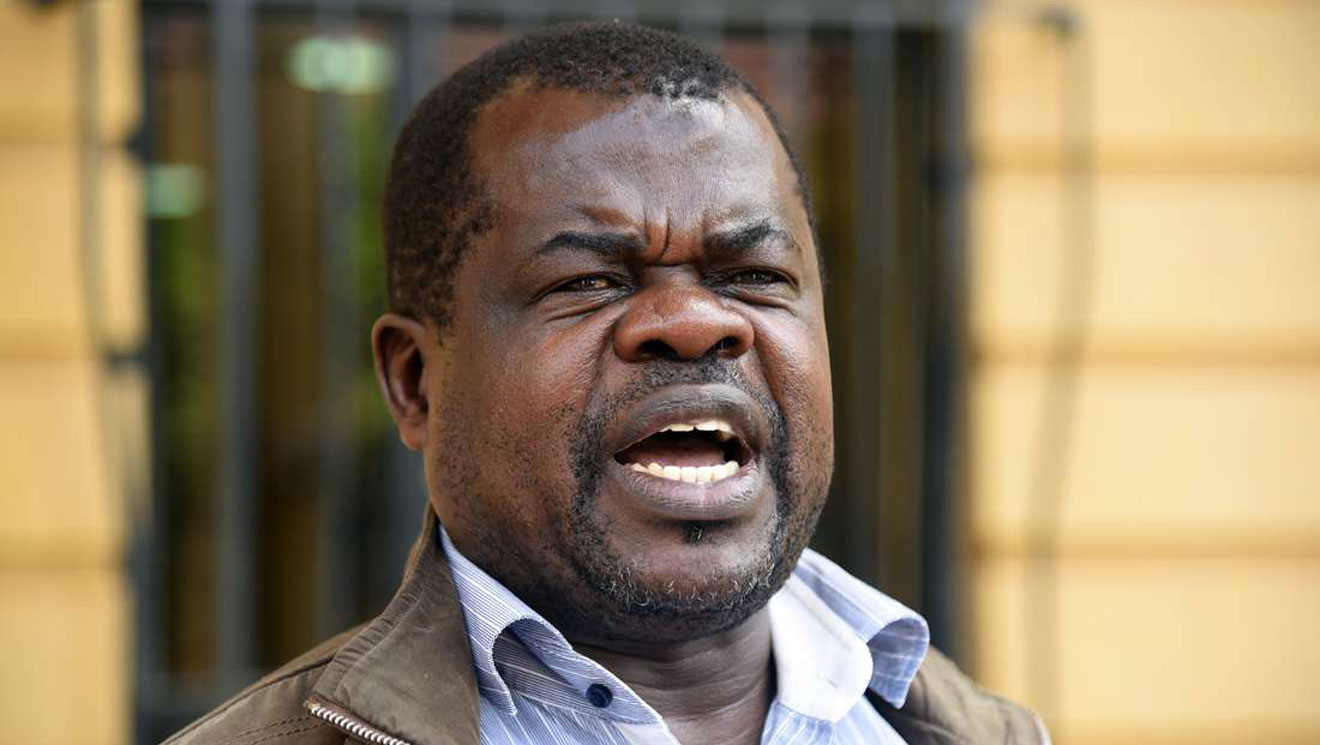National Assembly Speaker Moses Wetangula has come out guns blazing against Wiper party leader Kalonzo Musyoka, following accusations that he was behind a brutal attack on opposition leaders in Chwele, Bungoma County.
Kalonzo had claimed that Wetangula sponsored goons to throw stones and chase away opposition figures, including himself, former Deputy President Rigathi Gachagua, former Interior CS Fred Matiang’i, and Governor George Natembeya.
But Wetangula has denied the allegations outright, saying he was not even in Bungoma at the time. He accused Kalonzo of spreading anger and malice, and warned the opposition against turning tragedy into political propaganda.

Wetangula Says He Was Not Behind the Sponsoring Goons Claims
Moses Wetangula used his official X page to refute the accusations made by Kalonzo Musyoka. The Speaker stated clearly that he was in Mombasa during the alleged attack and had no connection to the violence. Wetangula emphasized that he has not been active in constituency-level politics since 2013, when he last served as a Member of Parliament.
“Kalonzo Musyoka, my brother, as you have correctly addressed me, stop your misplaced anger and transferred malice. I am in Mombasa. Keep out of your angry politics,” Wetangula posted.
He added, “In case your memory fails you, I was last a constituency MP in 2013!”
Wetangula also dismissed the notion that he could direct any activity in Bungoma, especially one involving thugs or violence. He warned Kalonzo and other opposition leaders to stop dragging his name into their political drama and concentrate on issues.
Chwele Chaos Shakes Opposition Convoy
The tension began on Friday, July 4, when goons allegedly attacked a convoy carrying several top opposition leaders. The group, which included Kalonzo Musyoka, Rigathi Gachagua, Fred Matiang’i, and George Natembeya, was touring Bungoma County as part of their wider Western Kenya mobilization tour.
As the leaders left a rally in Chwele, chaos broke out. Videos circulated on social media showed a large group of rowdy individuals throwing stones, wielding clubs, and even chasing after the convoy on foot. Some were seen drawing knives, according to former nominated Senator Gloria Orwoba, who was part of the opposition team.
Orwoba further claimed that police officers in the area assisted the goons in scattering the opposition meeting. This added fuel to claims that the violence may have been coordinated or state-backed.
Despite the chaos, the convoy eventually made its way to Kitale. The opposition leaders vowed to press on with their mission to “save Kenya from Ruto’s dictatorship,” as one of them put it.
Kalonzo Points Finger at Wetangula
Kalonzo Musyoka did not hold back in blaming Wetangula for the violence. In a fiery social media post, he referred to the attackers as “state-sponsored goons” under the protection of riot police.
“Speaker Wetangula’s state-sponsored goons throwing stones and firing bullets under the protection of Riot Police did not deter our march to Kitale,” Kalonzo posted.
He went on to say, “Mr Speaker, hear the people of Chwele, Western and Kenya clearly: The United Opposition won’t be intimidated by your WanTam-sanctioned stone-throwing goons. Not now, not today, not ever.”
Kalonzo has remained adamant that the attacks were meant to derail the opposition’s tour and intimidate its leaders. However, he insists the opposition remains united and committed to ensuring President William Ruto serves only one term.
This isn’t the first time such accusations have been made. Rigathi Gachagua has also previously claimed that goons targeted him in what he described as assassination attempts. He too often accused the Kenya Kwanza government, and at times, the President himself, of being behind the violence.
A Political Climate Boiling Over
The opposition’s current tour across the Western region comes at a time when the political climate in Kenya is highly charged. Following nationwide Gen Z-led protests and a series of confrontations between the public and security forces, tensions remain high.
The leaders behind the tour say they are meeting citizens to address issues like economic hardship, corruption, and state brutality. But their rallies have increasingly been met with resistance, chaos, or outright violence.
Wetangula’s firm denial now throws the ball back into Kalonzo’s court. The Speaker has challenged the Wiper leader to provide evidence instead of hurling accusations. He called on leaders to tone down their rhetoric and avoid inciting conflict during such volatile times.
Whether or not Wetangula had any involvement in the Chwele incident, the episode highlights how fragile Kenya’s political atmosphere has become. It also shows how the line between law enforcement and political thuggery is becoming dangerously blurred in the eyes of the public.
As the opposition continues its campaign trail, many are watching to see whether the government will guarantee safety and neutrality, or whether such violent scenes will become the new norm in Kenya’s political battleground.

